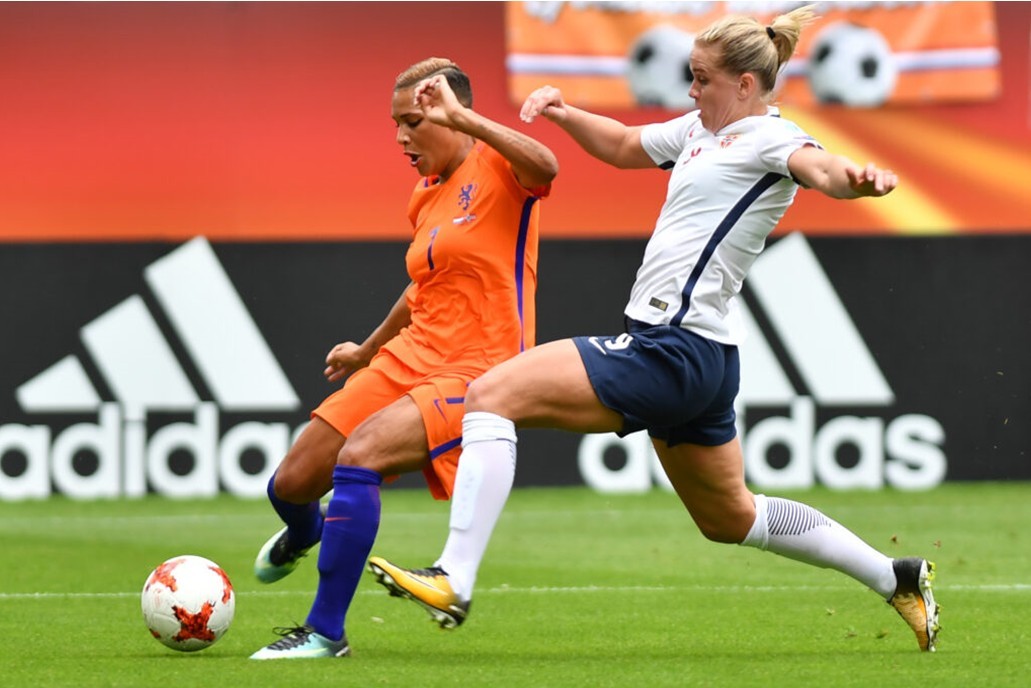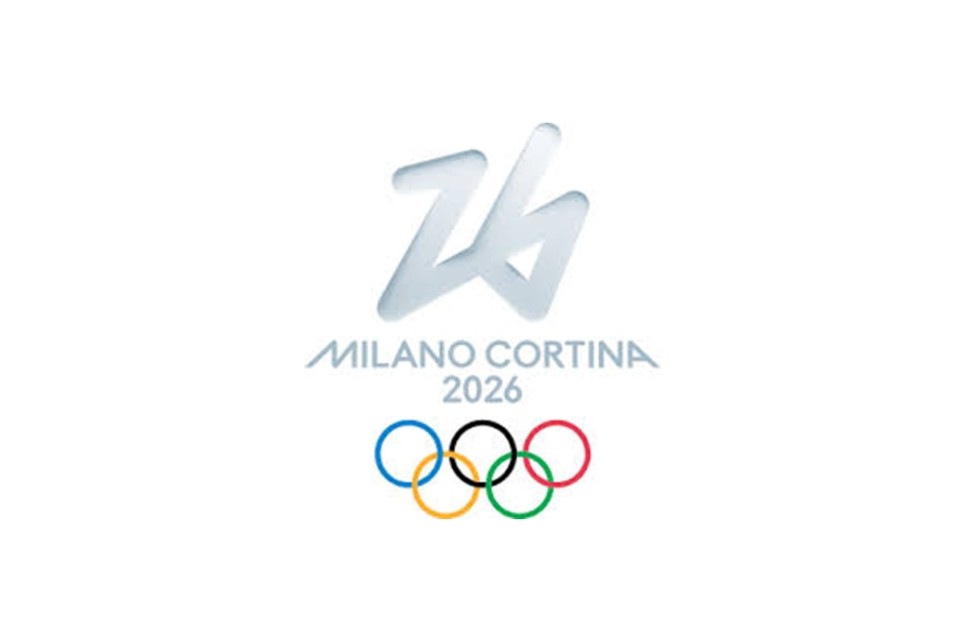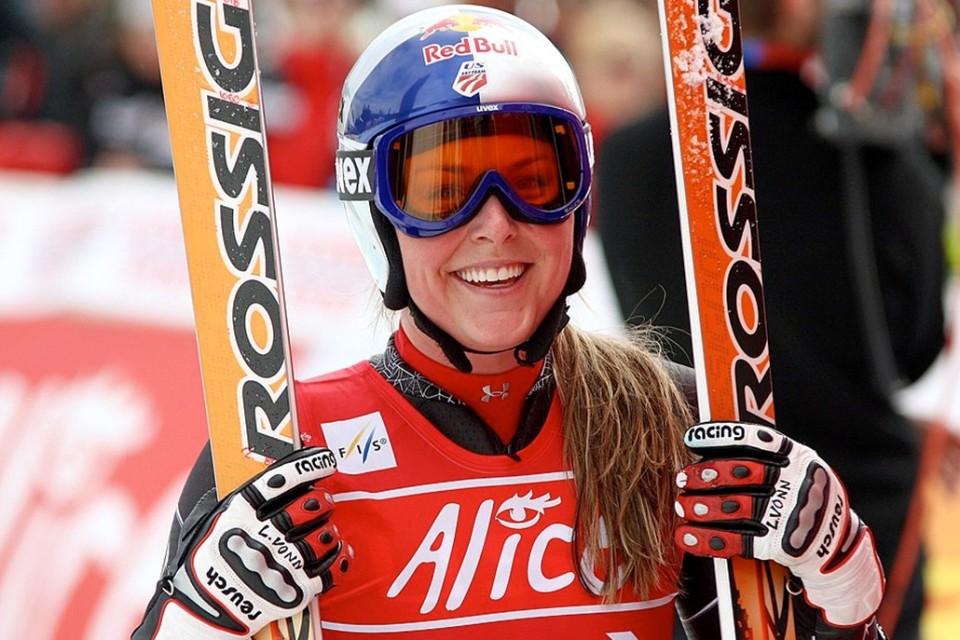Tue, July 22, 2025
Study reveals that sexism continues to be deep-seated within sport

A UK study has revealed that half of female athletes within the UK encounter sexism despite significant progress within women’s sport. Simultaneously, the U.S. Women’s National Basketball Association is under scrutiny for allegedly not paying its players fairly.
Despite factors such as the success of the Lionesses, the fact that women’s rugby is on the rise within England and that women earned nearly half of Great Britain’s medals during the 2024 Paris Games, the study shows that misogyny remains deep-seated.
Deputy Chief Medical Officer at AXA Health, Dr Pallavi Bradshaw, led the study. It revealed that almost half of female athletes have encountered misogynistic insults including, “you throw like a girl,” “you look like a man” or “you’re not strong enough.”
Bradshaw stated: “Despite the progress which has been made to improve access to women's sport, the research shows there's still a long way to go to making sport an equal playing field for all. Comments about physical ability or derogatory statements about gender have no place in sport or exercise.”
In terms of percentages, 47% of sexist comments came from men on the street, 44% from male athletes and 36% from male coaches. The UN Special Rapporteur on violence against women and girls, Special Rapporteurs being independent experts who are responsible for monitoring specific human rights, also highlighted that globally women face coercive control, physical violence, corporal punishment, social exclusion and identity abuse within sport.
Furthermore, within World Athletics’ cyberbullying report, it highlighted how “sexism and sexualised abuse were constant throughout the study, as was the prevalence and increasing volume of targeted abusive content on social media.” During the Tokyo 2020 Games, 63% of abuse was targeted at two athletes who are both female. During the 2022 World Athletics Championships, 59% of abuse was targeted at female athletes. During the Paris 2024 Games, abuse that was sexist or sexual in nature made up almost 1/3rd of detected abuse. Comments also included unfounded doping accusations targeted especially at women.
Crucially, the AXA Health study also revealed that “58% of those who have been subjected to sexist abuse admitted it made them consider quitting sport altogether.”
Additionally, the study also revealed other barriers for women, with 39% saying their participation in sport was impacted negatively by menstrual health and 29% reporting low energy levels, according to Times and Star. Former Olympian Sam Quek elaborated: “We are not using it as an excuse, we just needed a greater understanding.”
Bradshaw seconded this: “We know that certain stages of the cycle women can feel more fatigued, but there are stages where they might feel stronger, too – so they can use this to their advantage. Women menstruating are also more likely to suffer injuries, so this should be factored into training plans…
And as female athletes get older, we need to ensure they have the confidence to challenge expectations and reset their own priorities to find what works best for them, rather than giving up entirely.”
This study coincides with the U.S. Women’s National Basketball Association (WNBA) players recently sporting shirts bearing the message “pay us what you owe us” whilst warming up for a game. The WNBA and its players have failed to reach a deal on a new collective bargaining agreement.
Reports in 2024 said that the WNBA was due to lose $40m. However, the league’s attendance may hit a new record in 2025, and its broadcast rights have increased from zero in 2002 to around $60 million a year, with that number set to increase to $200 million as part of its combined deal with the National Basketball Association (NBA), according to The Guardian.
Additionally, revenue jumped from $102 million in 2019 to the $180 million - $200 million range in 2023, Bloomberg reported.
Joe Lacob and Peter Guber, the owners of the WNBA’s Golden State Valkyries and the NBA’s Golden State Warriors, pay 37-year-old Stephen Curry nearly $60m a year. They reportedly pay the entire Valkyries roster barely $1million.
The less a league makes, the lower the share of revenue its players get, but WNBA players are making less than 10%, a rather low figure especially for a professional organisation.
Overall, it is clear that misogyny remains deep-rooted in sport globally.
Image courtesy of The Generation, licensed for free use. For full license details, please see here.



